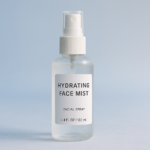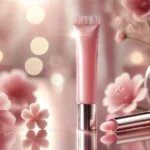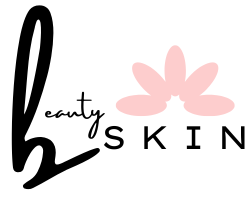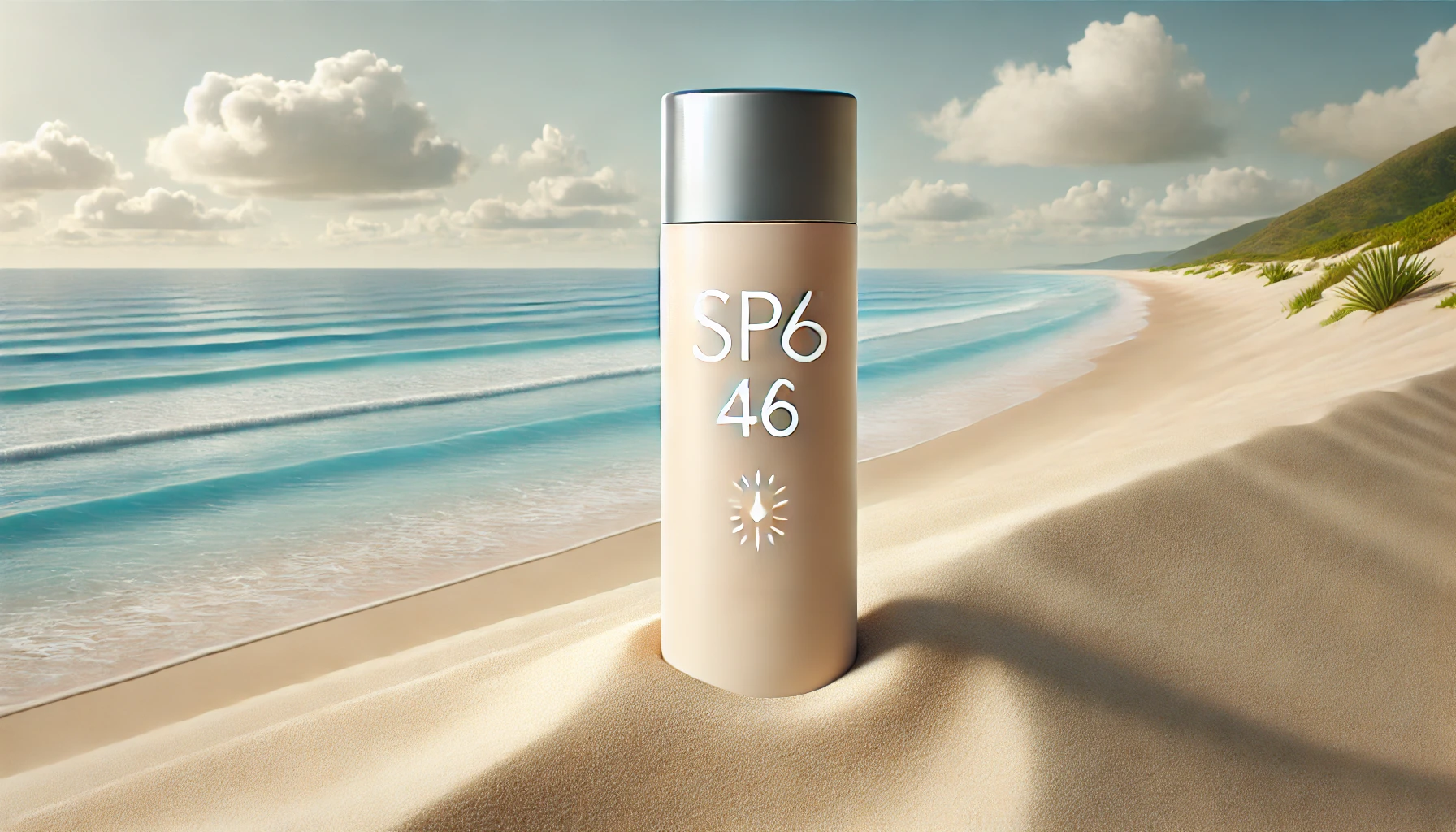Sunscreen is a special skincare product because it protects our skin from damage like ultraviolet (UV) radiation, staying in the sun for a long time, and the damage of sunlight due to which UV rays affect our skin like getting sunburn, aging early and there are high chances of dangers like skin cancer, whereas using clear face sunscreen our skin needs a protective layer because of which we are saved from the skin damage caused by UVA and UVB rays, whatever be the season or any day it is, using clear face sunscreen makes your skin healthy and bright.
Clear Face Sunscreen is specially made for people whose skin is very sensitive or acne-prone. Normal and heavy sunscreens block the pores of the skin and make the skin thin which causes breakouts. Now in comparison to them, clear face sunscreen provides lightweight and non-comedogenic protection to our skin which also keeps the skin breathable easily the best thing about it is that it blends easily and that too without feeling greasy which is perfect for these people. Along with its UV ray protection, it also gives a smooth, matte finish look.
What is sunscreen?
As we have already told you a little in the intro what is clear face sunscreen and why its use is important for everyone, why it is a special part of skincare products, anyway, clear face sunscreen comes in different forms like lotions, sprays, gels and sticks etc. why every person chooses clear face sunscreen after looking at his skin type and it is easy to use, its daily use is good for our skin because it does not cause any kind of skin irritation or redness.
How many types of sunscreens?
Clear-face sunscreens are usually divided into two different types, one is chemical sunscreens and the other is physical (or more mineral) sunscreens, we will tell you how they are.
Chemical Sunscreens:
Chemical sunscreens consist of organic compounds like avobenzone, oxybenzone, and octinoxate, which absorb UV rays and break down in high heat until they can penetrate our skin. They are light in both formula and texture and easily blend into the skin, giving a whiteness-free look. These are best for daily use.
Physical (Mineral) Sunscreens:
These sunscreens are made up of active ingredients like zinc oxide and titanium dioxide that form a layer on our skin that physically blocks UV rays while also reflecting them. These are ideal for people with sensitive skin, as they also provide broad-spectrum protection without causing skin irritation.
Which one of the best types of clear face sunscreen is suitable for all skin types?
Clear face sunscreen is made for all types of skin, but the best clear face sunscreen is one that is broad-spectrum, with a balanced combination of chemical and physical ingredients that protect the skin from both UVA and UVB rays. You should always keep in mind that you should choose only such sunscreens whose formula is lightweight, non-comedogenic, and completely pure with harsh ingredients so that there is no irritation of any kind or blocking of pores on your skin, and if you use it daily, then sunscreen with SPF 30 or SPF 46 is much better.
Clear Face Sunscreen is for all skin types, but especially for sensitive and acne-prone skin. It is a different kind of sunscreen because its light and non-greasy formula provides broad-spectrum protection and its layer remains breathable on the skin. Thanks to the non-comedogenic property of clear face sunscreen, it doesn’t block skin pores and doesn’t cause breakouts, making it an excellent and perfect choice for every day.
Key benefits of using clear face sunscreen
Protection from skin damage by UV rays:
Clear-face sunscreen protects our skin from skin-damaging UVA and UVB rays, thus reducing and eliminating the risk of skin dryness, sunburn, early aging, and skin cancer.
Save from Premature Aging:
The essential use of sunscreen for a clear face helps a lot in eliminating fine lines, wrinkles, and age spots that appear on our skin due to the effects of the sun.
Reduce the risk of hyperpigmentation:
Clear face sunscreen protects against dark spots and discoloration while also maintaining our skin tone.
Maintain skin health:
Sunscreens improve skin elasticity, texture, and overall skin health by reducing exposure to UV rays.
Best tips for using clear face sunscreen
- Apply in dark quantity:
Use a generous amount of clear face sunscreen to ensure proper coverage of your face, neck, ears, and hands, as these are exposed areas.
- Apply before going out in the sun:
Apply clear face sunscreen on your face at least 15 to 30 minutes before going out in the sun because it gets absorbed well by the skin in this much time.
- Keep applying it regularly:
Reapply clear face sunscreen on your skin every two hours, especially when I am getting my skin wet, i.e., swimming, sweating, or cleaning it with a towel.
- Use it even on cloudy days:
UV rays also enter our skin easily through clouds, so even if it is not sunny, you must apply clear face sunscreen on your skin.
- Choose the right formula:
Those with sensitive or acne-prone skin should choose a light, non-comedogenic clear face sunscreen to protect their skin from breakouts.
Common mistakes to avoid
- Many people do this when they use clear face sunscreen in very small quantities, which neither covers the areas nor gets the right protection layer. You must always keep this in mind that you should apply that much sunscreen that can completely protect your skin.
- Applying Clear Face Sunscreen once is not enough; it should be applied throughout the day. If you are connected to rays, you should use it within 2 hours.
- Make sure to apply clear face sunscreen to the affected areas, and don’t forget places like the ears, back of the neck, and upper part of the feet.
- Do keep in mind that applying sunscreen after going out in the sun is completely wrong because its effect is reduced and disappears completely in some time. It is always clear that sunscreen was applied sometime early after going out in the sun.
- Sunscreens with thick layering or greasy formulas can block your skin’s dry pores and irritate sensitive skin a lot, so you should always choose a clear face sunscreen of a good brand.
Final Thoughts
Daily use of clear face sunscreen has an important and special role in keeping the skin healthy, young and protected. Sunscreen is very important for every skin type, whether your skin is normal, sensitive or acne-prone, it is important to choose the right and good clear face sunscreen. It protects our skin against harmful UVA and UVB rays because these rays cause skin damage, premature aging and dangerous problems like skin cancer. When clear face sunscreen is applied on our skin then it protects all these things and also keeps the skin texture healthy and its essential effect is also reduced on skin’s complexion. You must look at your skin tone today and choose clear face sunscreen for yourself along with protecting your skin from these damaging rays of the sun, it is also healthy and beautiful.
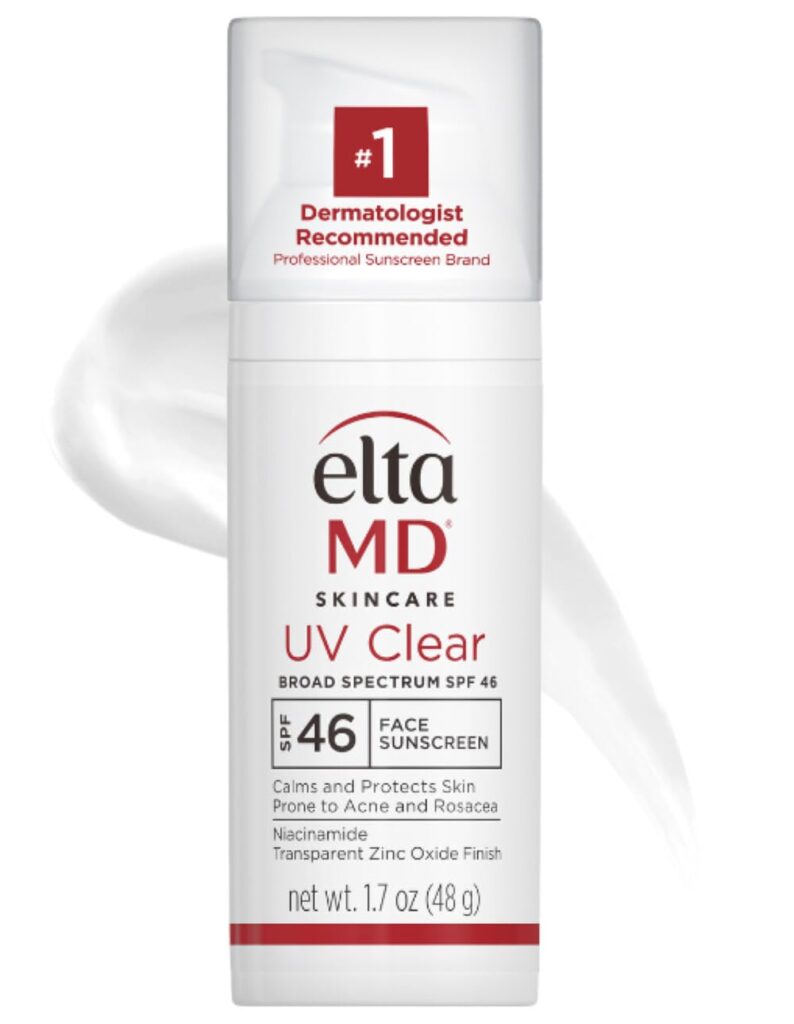
EltaMD UV Clear Face Sunscreen SPF 46
EltaMD UV Clear Face Sunscreen is an oil-free, lightweight SPF 46 sunscreen with zinc oxide to protect sensitive skin prone to acne, rosacea, and discoloration. For optimal sun protection, apply as directed and reapply every two hours.
Frequently Asked Questions
Is clear face sunscreen better than mineral sunscreen?
Clear sunscreen is lightweight, absorbs quickly, and leaves no white cast, making it ideal for daily use and under makeup, however, it may irritate sensitive skin or harm marine life. Mineral sunscreen, gentler and reef-safe, can leave a white cast and feel heavier on the skin, it’s better for those with sensitive skin or eco-conscious preferences.
How often should I reapply clear face sunscreen?
If should reapply clear face sunscreen every two hours, or more often if you’re sweating, swimming, or wiping your face. If you’re using it for extended outdoor activities, reapply more frequently to ensure continuous protection.
Does clear face sunscreen protect against blue light?
Yes, clear face sunscreen can protect against blue light, but it depends on the ingredients, mineral sunscreens with zinc oxide or titanium dioxide provide the best blue light protection by physically blocking it, while traditional chemical sunscreens may not be as effective. Some advanced formulas include iron oxides (often found in tinted sunscreens) or antioxidants like niacinamide, vitamin C, and green tea extract, which help neutralize blue light-induced oxidative stress.
Rate the article
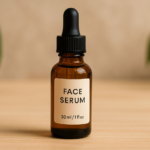
Even Tone Super Glow Serum: Brighten and Revitalize Your Skin
